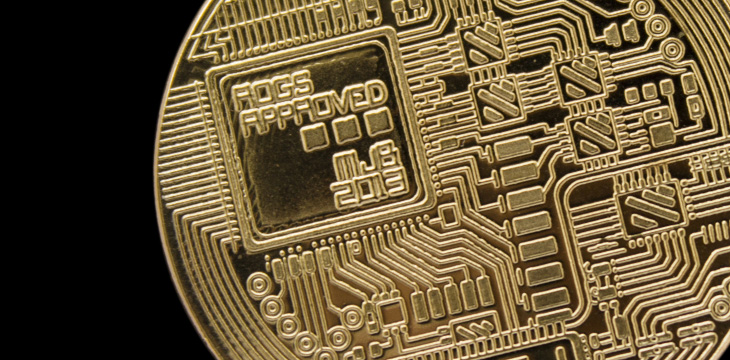
|
Getting your Trinity Audio player ready... |
Just after U.S. President Donald Trump issued an executive order banning cryptocurrencies issued by the Venezuelan government, it appears that the U.S. Treasury has tightened the screws further on all cryptocurrency owners.
This week, the Treasury announced that the Office of Foreign Assets Control (OFAC) will begin adding cryptocurrency addresses to the Specially Designated Nationals (SDN) List, which is described as a list of people and companies owned or controlled by, or acting for or on behalf of, targeted countries. The SDN List also has the names of individuals, groups, and entities, such as terrorists and narcotics traffickers designated under programs that are not country-specific.
Although Venezuela’s petro token obviously ranks high on the list of cryptocurrency assets, others including legacy Bitcoin (BTC), Ethereum, Litecoin, Neo, Ripple and Stellar Lumens were also mentioned. According to the official description from the Treasury, a cryptocurrency wallet is a software application which provides a means for holding or storing digital currency. There is also an extensive description on what a digital currency wallet is and how this works.
The U.S. agency has urged those who have suspicions about certain cryptocurrency addresses to report these immediately to the OFAC. The Treasury also advised the market to attempt to regulate itself and basically monitor those suspect crypto currency addresses that might be on the list published by the SDN.
“The digital currency address field on the SDN List provides the unique alphanumeric identifiers (up to 256 characters) for digital currency addresses and identifies the digital currency to which the address corresponds,” explains the OFAC report.
The report further states that the OFAC will not hesitate to implement sanctions in its fight against those malicious and criminal individuals who are abusing the legitimate use of digital currencies. It states that the use of sanctions will be in addition to other tools that include diplomatic efforts as well as the collaboration with law enforcement authorities. OFAC may also include those identifiers that are on the SDN Digital Currency list, which are connected with blocked persons.
However, there are no specific details on how the U.S. Treasury intends to go about blocking these digital assets or effectively enforce sanctions, although the report mentions the possibility that the public might be alerted on suspect digital currency wallets. This recent step does indicate that the U.S. government is going about the monitoring of digital currencies in a big way due to suspicions of illicit uses such as drug trafficking and possible circumventing of sanctions such as what is allegedly occurring in Venezuela.
Recommended for you
Lorem ipsum odor amet, consectetuer adipiscing elit. Elit torquent maximus natoque viverra cursus maximus felis. Auctor commodo aliquet himenaeos fermentum
Lorem ipsum odor amet, consectetuer adipiscing elit. Accumsan mi at at semper libero pretium justo. Dictum parturient conubia turpis interdum

 11-22-2024
11-22-2024


